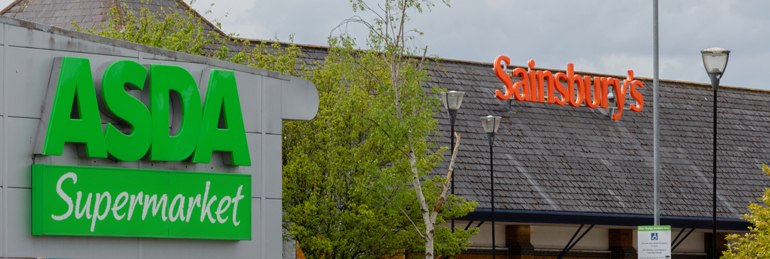EQ Weekly Roundup 20-2-19

This week’s roundup includes news that the Sainsbury’s-Asda merger is in jeopardy after falling under regulatory scrutiny, UK employment has hit another record high and Honda has confirmed the closure of its Swindon plant.
This week’s roundup includes news that the Sainsbury’s-Asda merger is in jeopardy after falling under regulatory scrutiny, UK employment has hit another record high and Honda has confirmed the closure of its Swindon plant.
Sainsbury’s-Asda merger in jeopardy
The Competition and Markets Authority (CMA) said it was ‘likely to be difficult’ for the chains to ‘address the concerns’, potentially leading to a ‘poorer shopping experience’. These are the CMA’s provisional findings and the firms will have a chance to respond.
However, in a joint statement, Sainsbury’s and Asda said combining the two chains would create ‘significant cost savings, which would allow us to lower prices.’
The CMA will reach its final decision on 30 April.
UK employment hits another record high
Unemployment was little-changed in the three-month period at 1.36 million. The jobless rate, remaining at 4%, is at its lowest since early 1975.
Weekly average earnings went up by 3.4% to £494.50 in the year to December – after adjusting for inflation, that is the highest level since March 2011.
However, Andrew Wishart, UK Economist at Capital Economics, warned: “The labour market data didn’t reflect the slip in hiring surveys in December, with employment rising. However, the surveys deteriorated more markedly in January, so a Brexit effect might start to weaken employment growth in the next batch of official data.”
Honda confirms Swindon car plant closure
Honda said the move was due to global changes in the car industry and the need to launch electric vehicles, adding it had nothing to do with Brexit.
Business Secretary Greg Clark has said the decision was “devastating” for Swindon and the UK.
Honda also announced it would begin consulting immediately about the proposed closure with potentially affected employees.
German economy narrowly avoids recession
That means it avoided two consecutive quarters of contraction, which is the usual definition of a recession.
Reasons for slower growth last year include a slowdown in the global economy and a weaker car sector, with German consumers less willing to buy new cars amid confusion over new emission standards.
